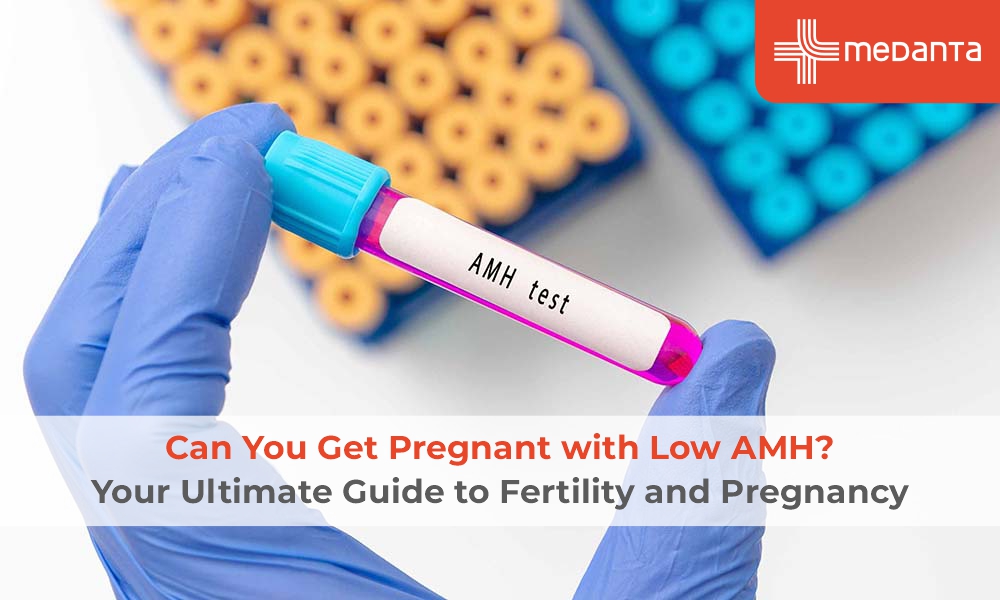An Overview Of Bariatric Weight Loss Surgery Preparation
Have you been struggling to shed weight?
You still need to lose weight despite trying every diet and exercise program. Sleeve gastrectomy might be the solution you're seeking. The long-term success rate for bariatric surgery is believed to be between 68%-74 percent and is sustained for 20 years following an operation to bypass gastric. Sleeve gastrectomy is a type of bariatric surgery procedure involving removing stomach portions. It results in significant weight loss and better overall health. This blog will dive deep into all you should learn about sleeve gastrectomy. BMI > 35 (Indication of Bariatric Sx)
What exactly is Sleeve Gastrectomy Surgery?
Sleeve Gastrectomy is a well-known bariatric surgery procedure involving removing a significant part of the stomach to limit food intake and help with weight reduction. While it is an effective option for weight loss over the long term and overall health improvement, it is essential to consider the potential risks before undergoing the procedure.
Making preparations for the patient for Sleeve Gastrectomy Surgery
Preparing for bariatric surgery is important for being completely informed before considering the sleeve-gastrectomy procedure. A few of the prerequisites for the sleeve gastrectomy process before surgery include:
- Dietary changes: In order to lower the size of your liver and the likelihood of complications after surgery, you'll need to follow a strict diet prior to your treatment which normally consists of low-carb and high-protein food products.
- Exercise: Frequent exercise can improve your general well-being and help you shed pounds before the operation.
- Medical condition tests: In order to determine whether you are healthy enough to have surgery, your doctor will likely order a number of tests, including imaging and blood work.
The Advantages of a Sleeve Gastrectomy Procedure
The following are some of the most important advantages of bariatric surgery procedure that is sleeve gastrectomy surgery:
- Weight reduction over time: In the two years following surgery, most patients lose 60% to 70% of their body weight. This may lead to increased flexibility, better sleep, and an increase in self-assurance
- Better diabetes control: Sleeve gastrectomy surgery has been shown to help many patients manage their diabetes better, leading to decreased reliance on drugs and a lower chance of developing complications from diabetes.
- Lower risk of obesity-related health problems like high blood cholesterol, high blood pressure, sleep apnea, and heart disease: sleeve gastrectomy surgery can help lower the risk of several obesity-related problems like these.
It's important to understand that sleeve gastrectomy treatment isn't a quick fix or a simple procedure.
The Risks of Sleeve Gastrectomy Surgery
Here are a few of the most frequently encountered dangers and complications of Sleeve Gastrectomy surgery for the sleeve:
- An infection: The risk of infection is always present following the procedure. Your surgeon will do his best to reduce the risk of infection by prescribing antibiotics and providing that the wound is appropriately cared for.
- Blood clots The formation of blood clots is possible following surgery and can be harmful if they move into other body parts. To decrease the chance of blood clots, your doctor might recommend compression stocks, blood thinners, and frequent stretching and movement.
- Digestive issues: Sleeve gastrectomy surgery involves removing a substantial part of the stomach which could cause digestive problems like nausea, vomiting, and diarrhea. These symptoms usually last for a short time; however, they can be controlled through medication and diet changes.
In order to ensure a speedy recovery and reduce the risk of sleeve gastrectomy, it is crucial to follow your surgeon's instructions attentively.
Gastric Bypass Surgery vs Sleeve Gastrectomy: Which Is Right for You?
If you're thinking about a bariatric procedure, consider which option is best for you. The two most sought-after choices are gastric bypass surgery and sleeve gastrectomy procedures. This is a comparison of the two methods:
Gastric bypass surgery involves the division of your stomach into two separate parts and rerouting the small intestinal tract to both. This restricts the quantity of food you consume and the calories you ingest into your body.
Sleeve Gastrectomy surgery involves the removal of a significant portion of your stomach and leaving the stomach with a smaller "sleeve", which limits the quantity of food you're able to consume and produces hunger hormones.
Both gastric bypass surgery and the sleeve-gastrectomy procedure can result in significant weight loss and better health outcomes. The most appropriate choice for you is based on your specific requirements and goals for health. Considerations include your health and weight status, previous weight loss, and individual preferences. A bariatric surgeon will assist you in making an informed choice and creating your treatment strategy.
Conclusion
If you're suffering from weight gain or other health issues, surgery to remove your stomach sleeve could be a viable option for bettering your well-being and improving your quality of life. It is essential to consider the possible advantages and risks of sleeve gastrectomy surgery. It would help to discuss your alternatives with a gastroenterologist or bariatric surgeon. For a good consultation, you can refer Dr. ABCD and follow the pre-operative guidelines while minimizing risks and following the post-operative guidelines to improve your odds of a positive result.






